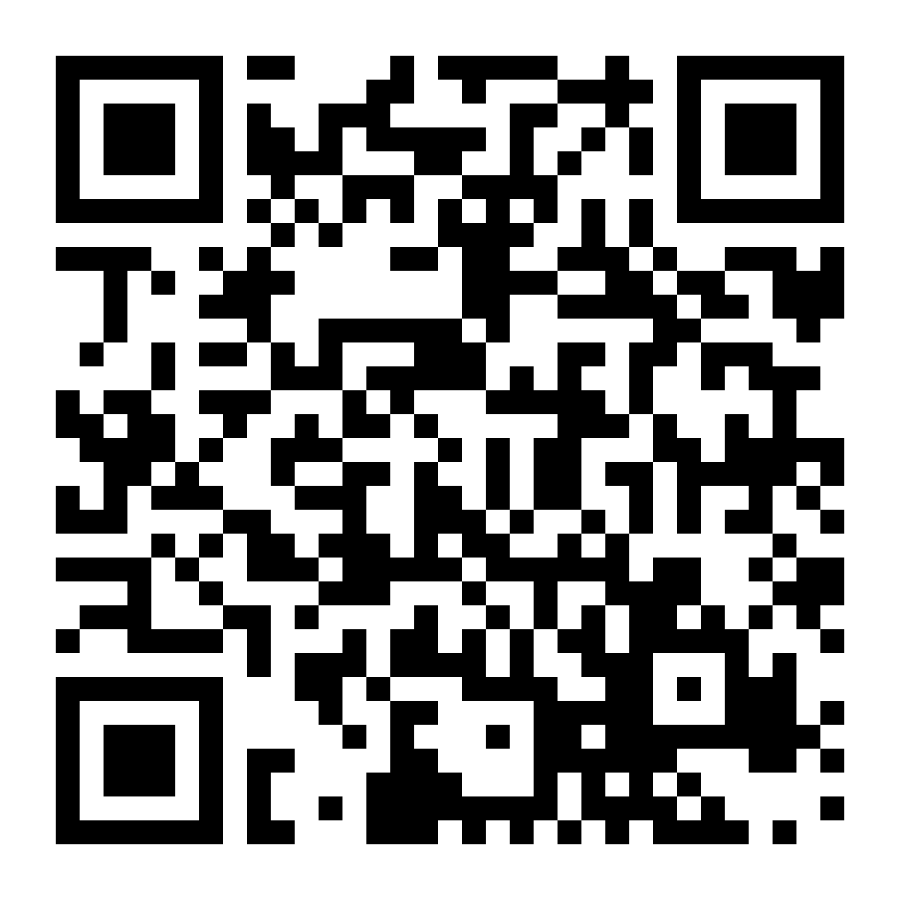A Realistic Guide to Financial Freedom for Millennials & Gen-Z
Discover realistic, non-restrictive tips for achieving financial independence as a millennial or Gen-Zer in Nigeria.

You don’t need to live on instant noodles or join a cult of extreme frugality to be financially independent. For Nigerian Millennials and Gen-Z, the smarter play is small, steady habits plus income flexibility — built around tools and options that actually exist here today.
Below is a practical, realistic playbook you can use right now — with platform examples and simple steps you can keep for life.
What does “financial freedom” look like (for you)?
Financial independence (FI) means having enough reliable income from savings, investments and passive income to cover your essential needs — so work becomes choice, not survival. For most people this is a long game, not an overnight stunt. Define your version: retire early? Replace 50% of salary with passive income? Buy a home without loans? Pick clear targets and timelines.
The 6-step realistic plan
1 — Start with a flexible money plan, not punishment
Use a percentage-based plan rather than absolute deprivation. A practical starting split:
Save / Emergency: 10–20%
Invest / Grow: 10–20%
Living / Lifestyle: 50–70%
Debt repayment / Self-improvement: 5–15%
Adjust monthly — when you get a raise, let 50% of it go to savings/investments and the rest to lifestyle. Small increases compound; sustainable change wins.
2 — Build a small emergency fund first
Aim for ₦50,000–₦200,000 as a starter buffer (or 1 month of real expenses). Grow this to 3 months of essentials over time. Keep it liquid in a safe savings product while you build. (Short-term safety > risky growth for emergencies.
3 — Invest for growth, don’t just hoard cash
Once you have a buffer, shift money into growth vehicles:
Mutual funds / money market for medium-low risk and liquidity
Stocks / ETFs (local and international) for long-term growth — good for building real wealth over years.
Diversify across cash-like assets (for buffer), fixed income/mutual funds (for stability) and equities/ETFs (for growth).
4 — Build income diversity — side hustles that scale
Many young Nigerians combine jobs, freelance gigs, and side businesses to reach FI faster. Gen-Z especially is turning to side hustles and freelance income as a core strategy to reach independence. Pick income streams that fit your skills and time: freelancing (design, dev, writing), remote work, small e-commerce, digital services, or scalable micro-businesses. This reduces reliance on one salary and accelerates investing.
5 — Protect what you build
Use basic health and life insurance where affordable.
Start or contribute to pension / retirement plans where possible (mandatory pensions + voluntary retirement savings).
Avoid payday or extremely high-interest credit; prioritize paying off high-interest debt.
Closing
If you automate saving, invest even small amounts consistently, grow income with side hustles, and protect what you build, you’ll make steady progress toward FI without starving yourself. Start with what’s comfortable: a single automated transfer today is often the hardest but most important step.
Want this turned into a newsletter, social-media thread, or a downloadable 6-month tracker you can use? I can draft whichever you prefer next.
